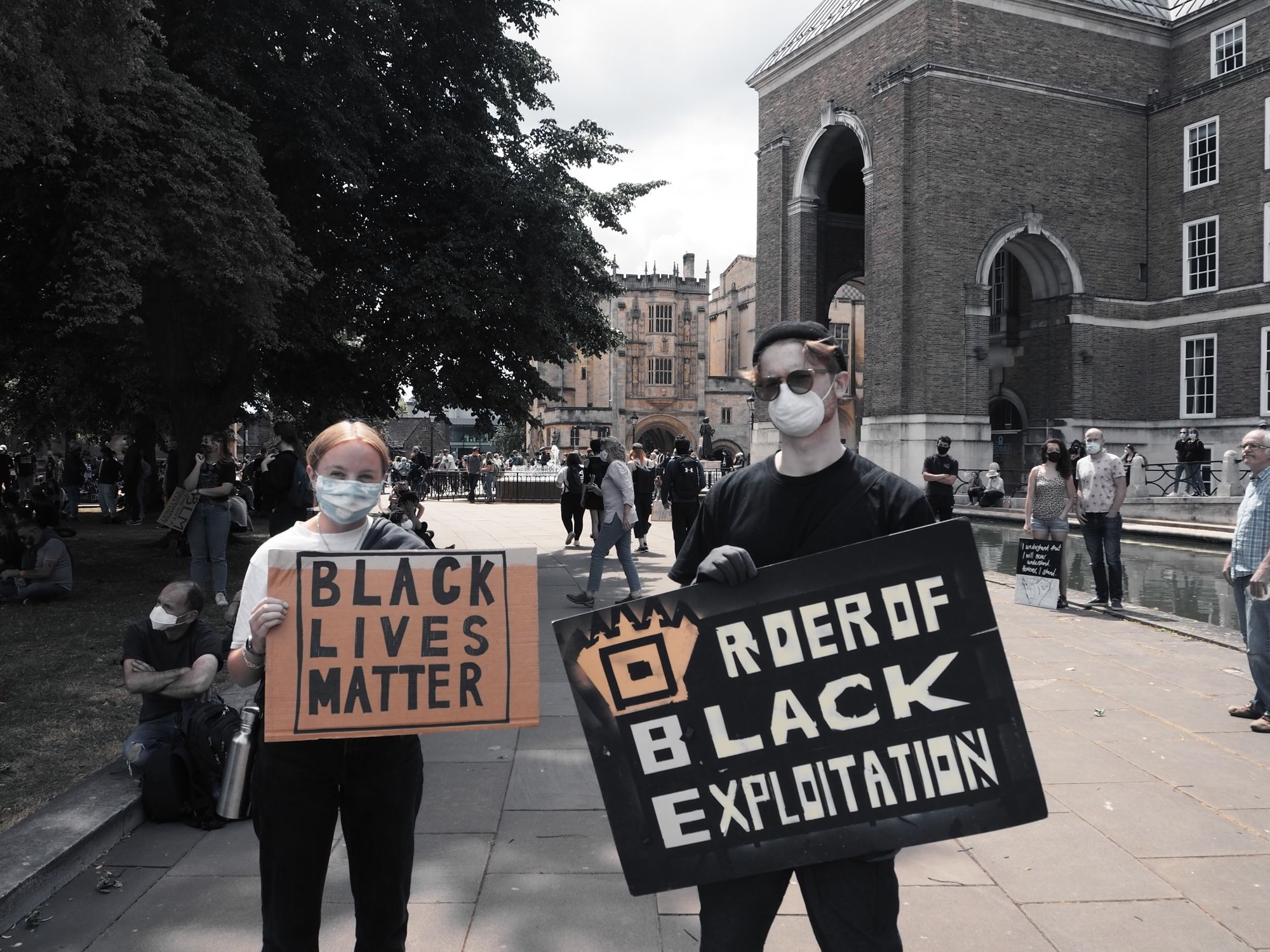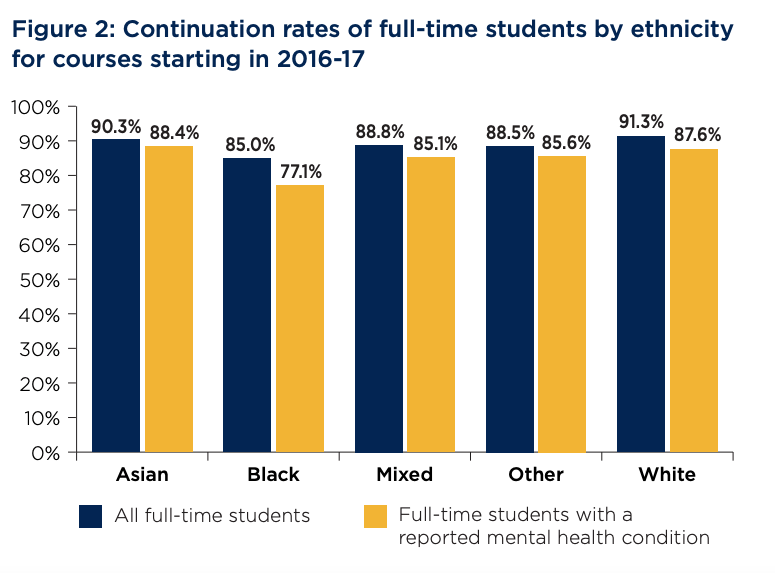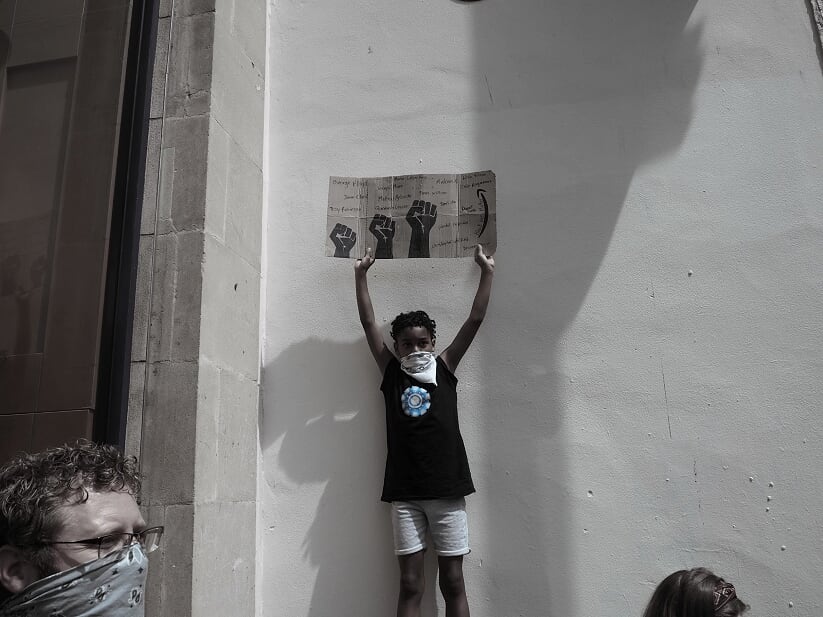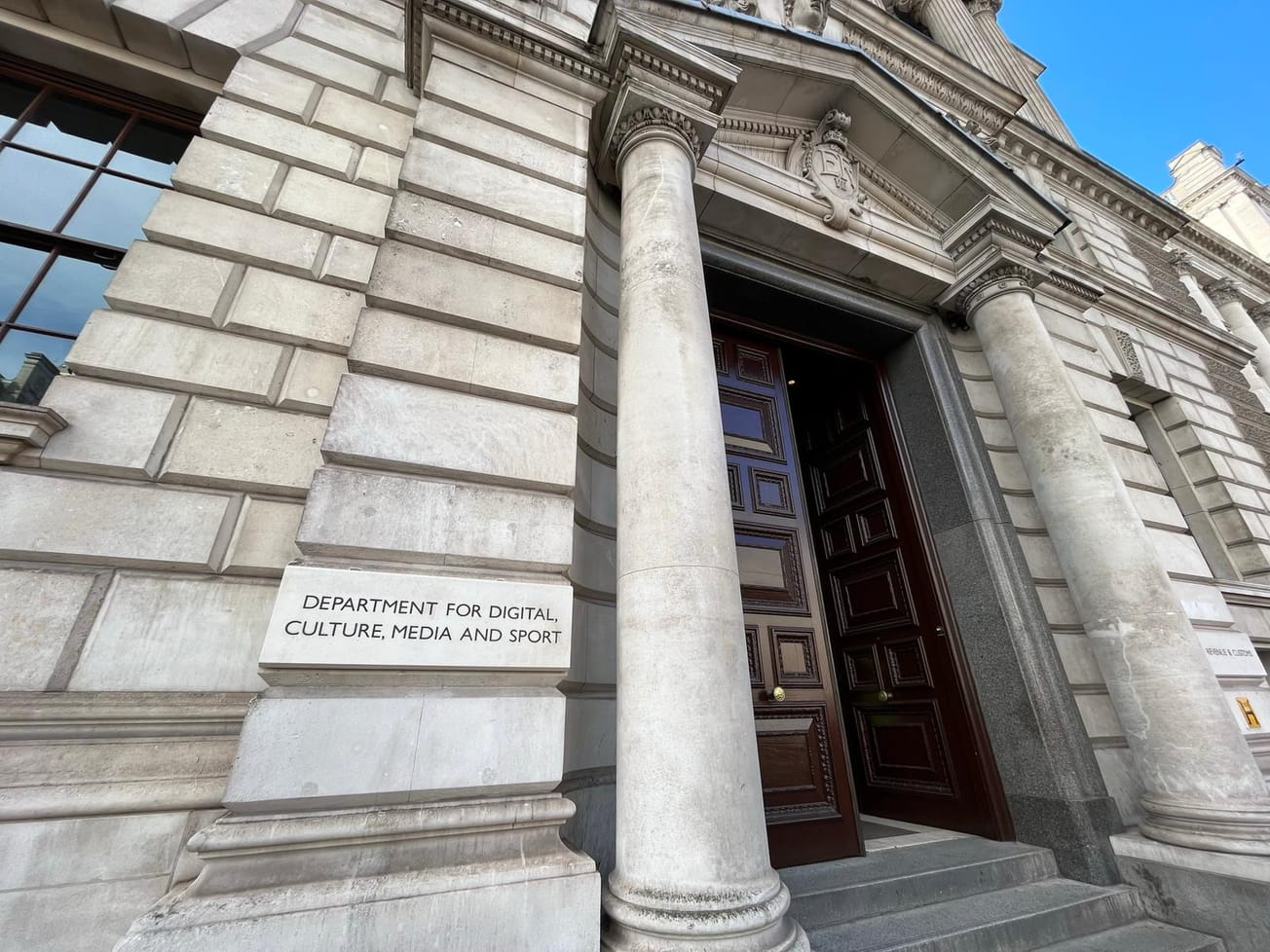By Noa Blane Damelin, Digital Features Editor
Studies show that Black university students have been underserved by mental health and wellbeing services. A report from the Office for Students (OfS) in November 2019 indicated that students from minority ethnic backgrounds are among those most likely to experience poor mental health, yet are also the least likely to have access to culturally experienced wellbeing services.
In recent weeks, events including the COVID-19 pandemic, the brutal murder of George Floyd and the backlash to the Black Lives Matter movement have all disproportionately affected Black students.

The absence of culturally knowledgeable wellbeing support for Black students has long been felt by Black university students all around the country.
OfS reported that just 77.1 percent of full-time Black first-year University students with a reported mental health condition actually continued their studies into second year, compared to 85 percent of Black students without a mental health condition.
For perspective, 87.6 percent of white students with a mental health condition and 91.3 percent of white students without a reported mental health condition continued their studies.
The rate at which Black students with reported mental health issues continue their studies is eight percent lower than any other ethnicity with a mental health condition. It is clear that Black students with mental health conditions are systemically disadvantaged in their studies.

Not only are Black students with mental health conditions less likely to complete their degree than their white counterparts, but Black students who do finish their course are also less likely to graduate with either a First or a 2:1.
According to OfS, in 2018-19 only 53 percent of Black students studying full time who reported a mental health condition graduated with a First or a 2:1, compared to 79.8 percent of white students with a reported mental health condition.
In 2017, the Bristol Student Union conducted its own report into the BME ‘attainment gap’ and found that in the year 2015/16, 20 percent of BME students at the University of Bristol graduated with a First, compared to 31 percent of white students.
Although mental health was not a metric for this study – and whilst information for Black students was not singled out from other BME students in conducting their research – there is evidence of an attainment gap between BME and white students at University.
Medical student Theresa Awolesi believes there needs to be more representation of Black students at the University, and therefore proposed a motion to create a Black Student’s Network at the Student Council meeting on 18 June.
In a statement to Epigram, Theresa spoke about how mental health is one of the ways in which Black students have traditionally been under-represented: ‘I don’t think the University is currently doing enough to even scratch the surface of tackling the mental health of their Black students.’
#timetotalk about #mentalhealth Bristol youth! @TimetoChange @BSYNorg and Nilaari pic.twitter.com/EhpdmNXYVm
— Simon Newitt (@SRNewitt) October 1, 2014
She pointed out that health services are already reduced for Black people across the UK through an unconscious bias, and that right now Black students face an increased risk of developing mental health issues, in part due to microaggressions, systemic racism, and the higher rate of COVID-related deaths in the Black community.
Awolesi was quick to point out: ‘the University alone does not have the capacity to deconstruct the systematic racism that attacks the mental health of its black students daily.’ Working to improve black mental health is irrevocably intertwined with reducing the structures of racism that our society is built upon. There is no quick fix for the University; this is a long struggle that every student and member of staff needs to get behind.
So, how can we work towards improving access to culturally competent mental health services for Black students? Awolesi has some suggestions.
‘The University can conduct research and focus groups to identify what the main issues are and find out what black students want,’ she says. ‘They could also conduct work incorporating peer support within the University.’
Black students with mental health conditions are less likely to complete their degree than their white counterparts.
The University has already begun doing just that. In a statement to Epigram, the University said:
‘The Inclusion team will be holding a Student Wellbeing Webinar for Black students on 25 June during which a panel of staff from Student Services will be talking about the support available and how to access it; offering tips for self-care and wellbeing at this time.
‘We’ve also held a discussion with sabbatical officers to discuss how we can prioritise supporting Black students. We are looking at how we can continue to support the peer groups, Black Men Talk and Black Women Talk.
‘In addition, Student Counselling are in discussions with Nilaari [a charity who offer culturally sensitive counselling for Black and BAME adults] to extend the number of sessions available to students who choose this option for their therapeutic support.’
Today’s Student Webinar will cover topics of wellbeing and self-care with a panel of black, Asian, and minority ethnic staff from both the University support services and Nilaari. Panel members will be able to tell students about the support available, share their top tips for taking care of yourself, and answer any questions.
The University of Bristol has already announced that it will pay for up to five counselling sessions for any BAME student with Nilaari. They are also offering extenuating circumstances to students affected by events related to the Black Lives Matter movement. In the wake of Black Lives Matter, the University is investing more resources to ensure that Black students’ mental health is not sidelined any longer.
Featured Image: Epigram / Rufus Atkins
If you are a BAME student and you feel that your mental health has been affected recently, there are various support resources available to you:
BAME Student Webinar: Support and Self-Care 25 June 4-5pm.
Nilaari
BME Student Network
Email the Bristol Medical School BAME Student Working Group: bristolbamewg@gmail.com
BME Medics: https://www.bmemedics.co.uk/
University of Bristol Support Services









